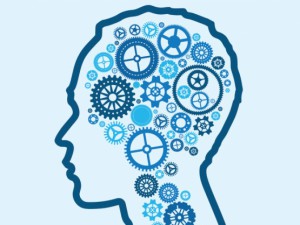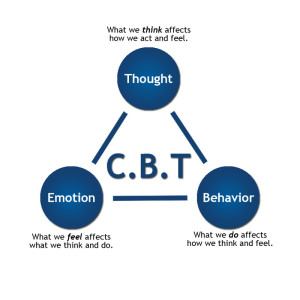 The holiday season can be one of joy and excitement. Houses donned in lights, boisterous music and ornamental trees definitely help with bringing cheer for the “most wonderful time of the year.” However, while many look forward to the pleasures of family, food and gifts, there is one element of this time year that is not enjoyable: STRESS.
The holiday season can be one of joy and excitement. Houses donned in lights, boisterous music and ornamental trees definitely help with bringing cheer for the “most wonderful time of the year.” However, while many look forward to the pleasures of family, food and gifts, there is one element of this time year that is not enjoyable: STRESS.
Stress during the holidays can be brought on by a number of things, from pressure to spend large amounts of money on presents, last minute shopping, or preparing to host a large party. Likewise, for individuals dealing with loss of a loved one, the absence of that person, or lack of family in general, can very well trigger stressful emotions among other things. While, for some the solution is throwing in the towel and opting to avoid the holiday entirely, experts suggest that such does not really deal with the problem. Instead, it benefits individuals more to craft ways to cope with holiday stress, and better deal with other areas of their life as well.
One such way of doing so is through mindfulness. The concept of mindfulness includes being aware of situations and allowing oneself to feel the range of emotions and deal with them in the moment as a means of therapy. Here are some ways mindfulness can play a role in managing stress during this time of year:
Be Present
Far too many adults worry about things that haven’t yet occurred or issues which they imagine will happen as a result of a given action. To remain stress-free, it’s important to focus on what’s happening in the moment and what you can control at that time. Concerns about whether someone will like the gifts you bought, whether you should’ve added more sugar to the cake, or if you will get along well with family should be disregarded for the now. Deal with issues as they come, but every facet of the moments you’re in now.
Be Kind To Yourself
Self care is sometimes neglected during this time in which selflessness is celebrated. However it’s extremely important to maintain positive thoughts about yourself and do things that bring you pleasure. They could be as simple is buying a gift for yourself or going to the spa. Regardless of how it is achieved, the reality is that one can’t truly care for others without caring for himself first.
Focus on the Experiences
Not to be confused with being present, this concept is about choosing to put emphasis on the experiences one has with family or acquaintances as opposed to looking for value in gifts or the lack thereof. Using the season as a way of connecting with others rather acquiring or purchasing things can cause a big difference in mood. Furthermore, being able to recall those happy moments can alleviate stress in the future.
Rest
At the end of everything, be sure to give yourself time to rest, think and recover from all that transpired. Clear your calendar, find a quiet place or calming music and allow yourself to truly be mindful and restful. This is a great tip for any time of the year, but especially after high-strung moments as this time of year can be.





